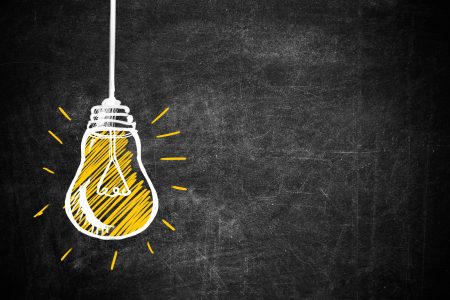Copyright and Artificial Intelligence: Who Really Holds the Rights?
April 1st, 2025
Artificial intelligence (AI) is rapidly transforming our world, from artistic creation to scientific research, music, and writing. With the rise of AI tools capable of generating original works, a fundamental legal question emerges: who really holds the copyright on a work created by artificial intelligence? Is it the AI itself, the user of the tool, or another party? This dilemma raises significant issues regarding intellectual property. Let’s explore how this new technological era is affecting copyright law.
What is Copyright?
Copyright protects original works of the human intellect, such as books, music, films, software, and much more. It grants creators exclusive rights to use, reproduce, and distribute their works. Copyright is only granted to works created by individuals or human groups. The concept is based on the idea that the artist or creator is the person who should benefit from their intellectual labor.
Is Artificial Intelligence a Creator in Itself?
AI is now capable of producing works without direct human intervention. Systems like OpenAI or DALL·E generate texts, images, music, and other forms of creations on demand. While AI follows instructions provided by a user, it can also produce works autonomously, relying on algorithms and massive databases.
But who is the true creator in this case? AI systems, although capable of generating works innovatively, are not conscious or autonomous entities like humans. They operate based on specific instructions and learning data, but they do not possess independent will or creativity.
Who Holds the Rights to an AI-Created Work?
The question of who owns the copyright of a work created by AI remains unclear and varies depending on the jurisdiction. In general, AI systems cannot hold copyright because the law does not grant rights to non-human entities. This means that the legal author of works generated by AI would likely be the person who designed the tool or the one who instructed the AI.
In many countries, such as Canada and the United States, copyright is reserved for humans, meaning a work generated by AI cannot be directly protected by copyright law. However, this does not prevent a person (such as the programmer, AI user, or company that owns the tool) from claiming authorship of the work, depending on their role in the creation.
Practical Cases: The User or the Company?
Take the example of an artist using an AI-powered music generator to compose a song. While the AI generates the music, the artist likely provided instructions and guided the creative process. In this case, the artist could be considered the legitimate creator and, therefore, hold the copyright to the generated work.
On the other hand, if a company develops AI software used to create works in large quantities, the rights may be held by the company, which owns the tool and can claim authorship of the creations generated via its program.
Towards a Revision of Copyright Laws?
The rapid evolution of AI and its ability to create works raises questions that require a revision of existing laws. Some experts suggest that copyright laws should be adapted to include some form of recognition for AI or at least clarify the issue of rights ownership.
In certain jurisdictions, discussions are underway to determine whether AI could, in the near future, be recognized as a legitimate creator in some circumstances. However, for now, it seems that the legal framework remains centered on humans, and it is the users or companies that own the tool who hold the rights.
Conclusion
The question of who holds the copyright to an AI-generated work remains complex. Currently, in most legal systems, it is humans – the creators of the tool or the users – who can claim ownership of creations resulting from AI. However, with the rise of these technologies, a reassessment of intellectual property laws may be necessary. At Invention Québec, we help you understand the legal challenges surrounding your creations and protect your rights in a constantly evolving technological world. Feel free to consult us for any questions related to intellectual property and artificial intelligence.




